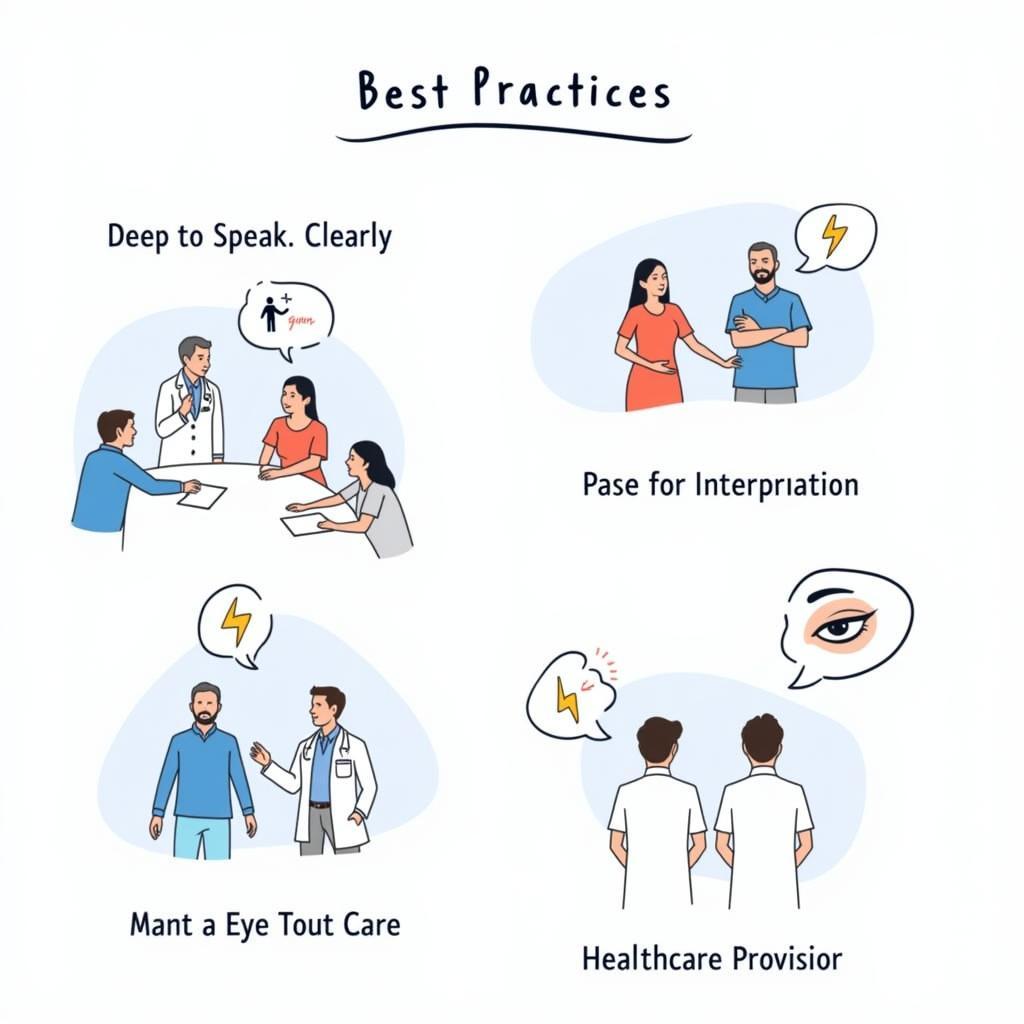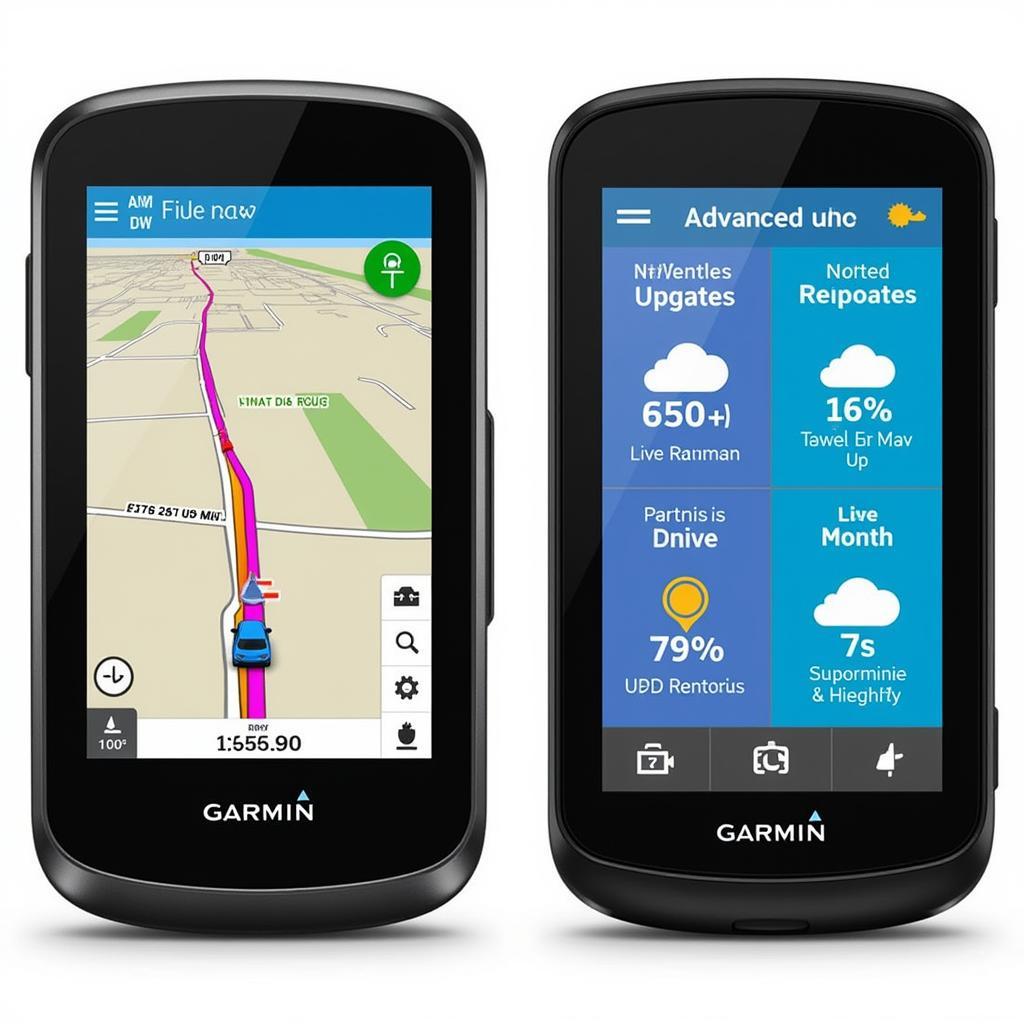How Do You Access Healthcare Interpreter Services?
Navigating the healthcare system can be challenging, especially if you or your loved ones face language barriers. Thankfully, healthcare interpreter services exist to bridge this communication gap and ensure everyone can access quality care. But how exactly do you access these vital services?
This comprehensive guide will delve into everything you need to know about accessing healthcare interpreter services, ensuring you can communicate effectively with your healthcare providers and receive the best possible care.
Understanding Healthcare Interpreter Services
Healthcare interpreter services go beyond simple translation. They involve trained professionals who accurately convey medical information and facilitate clear communication between patients and healthcare professionals. These services are crucial for:
- Accurate Diagnosis: Interpreters ensure your symptoms and medical history are communicated accurately to your doctor, facilitating a correct diagnosis.
- Effective Treatment: They help you understand your treatment plan, medication instructions, and potential side effects, empowering you to make informed decisions about your health.
- Cultural Sensitivity: Interpreters bridge cultural gaps, ensuring your cultural beliefs and practices are respected throughout your healthcare journey.
Who Qualifies for Healthcare Interpreter Services?
You qualify for healthcare interpreter services if:
- English is not your primary language: If you struggle to communicate effectively in English, you have the right to request an interpreter.
- You have a hearing impairment: Sign language interpreters ensure clear communication for patients who are deaf or hard of hearing.
Various Ways to Access Healthcare Interpreter Services
There are multiple ways to access healthcare interpreter services, and understanding your options is crucial:
1. In-Person Interpretation
This traditional method involves a qualified interpreter physically present during your medical appointments. They facilitate real-time communication between you and your healthcare provider.
2. Telephone Interpretation
Ideal for quick questions or consultations, telephone interpretation allows you to connect with an interpreter remotely over the phone.
3. Video Remote Interpretation (VRI)
VRI utilizes video conferencing technology to connect you with a qualified interpreter in real-time. This method is particularly useful for visual communication, such as sign language interpretation or when specific medical terminology requires visual aids.
Finding and Requesting an Interpreter
- Contact Your Healthcare Provider: The simplest way is to inform your doctor’s office or hospital in advance that you’ll require an interpreter for your appointment.
- Check with Your Insurance Provider: Many health insurance plans cover the cost of interpreter services. Contact your insurance provider to understand the coverage details and any specific requirements.
- Utilize Community Resources: Local community centers, immigrant support organizations, and faith-based organizations often provide information and assistance in accessing interpreter services.
Tips for a Successful Interpretation Experience
 Effective Communication Tips for Interpreter Sessions
Effective Communication Tips for Interpreter Sessions
Follow these tips to ensure a smooth and successful interpretation experience:
- Inform the interpreter about any specific terminology or cultural nuances that might be relevant to your situation.
- Speak clearly and at a moderate pace, pausing regularly to allow the interpreter to convey your message accurately.
- Address your questions and concerns directly to your healthcare provider, not the interpreter.
- Maintain eye contact with your healthcare provider, as this fosters a more personal and effective communication flow.
Conclusion
Accessing healthcare interpreter services is your right and an essential step in ensuring you receive quality care. By understanding the different types of interpretation services available, knowing where to find them, and employing effective communication strategies, you can confidently navigate your healthcare journey, regardless of language barriers. Remember, clear communication is the foundation of effective healthcare.
Do you have more questions about accessing healthcare interpreter services? Here are some frequently asked questions:
FAQ
-
Q: Are healthcare interpreter services confidential?
- A: Absolutely. Interpreters are bound by strict confidentiality rules and regulations, ensuring your medical information remains private.
-
Q: What if my preferred language is not readily available?
- A: While less common, if your language isn’t immediately available, your healthcare provider will work diligently to locate a qualified interpreter, potentially through remote services.
-
Q: Can a family member or friend interpret for me?
- A: While it might seem convenient, it’s generally not recommended to use family or friends as interpreters. They may lack the necessary training to convey complex medical information accurately, which could lead to misunderstandings or misinterpretations.
Need Further Assistance?
Navigating the intricacies of healthcare interpreter services can feel overwhelming. If you’re facing challenges or need additional support, our team at CarServiceOnline is here to help. We can connect you with trusted resources and provide guidance on navigating language barriers in healthcare. Contact us via WhatsApp at +1(641)206-8880 or email us at [email protected]. Our dedicated support team is available 24/7 to assist you.

